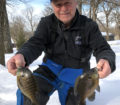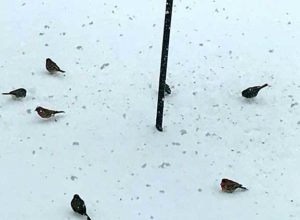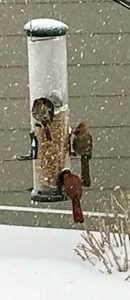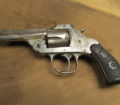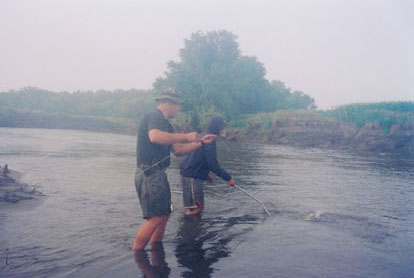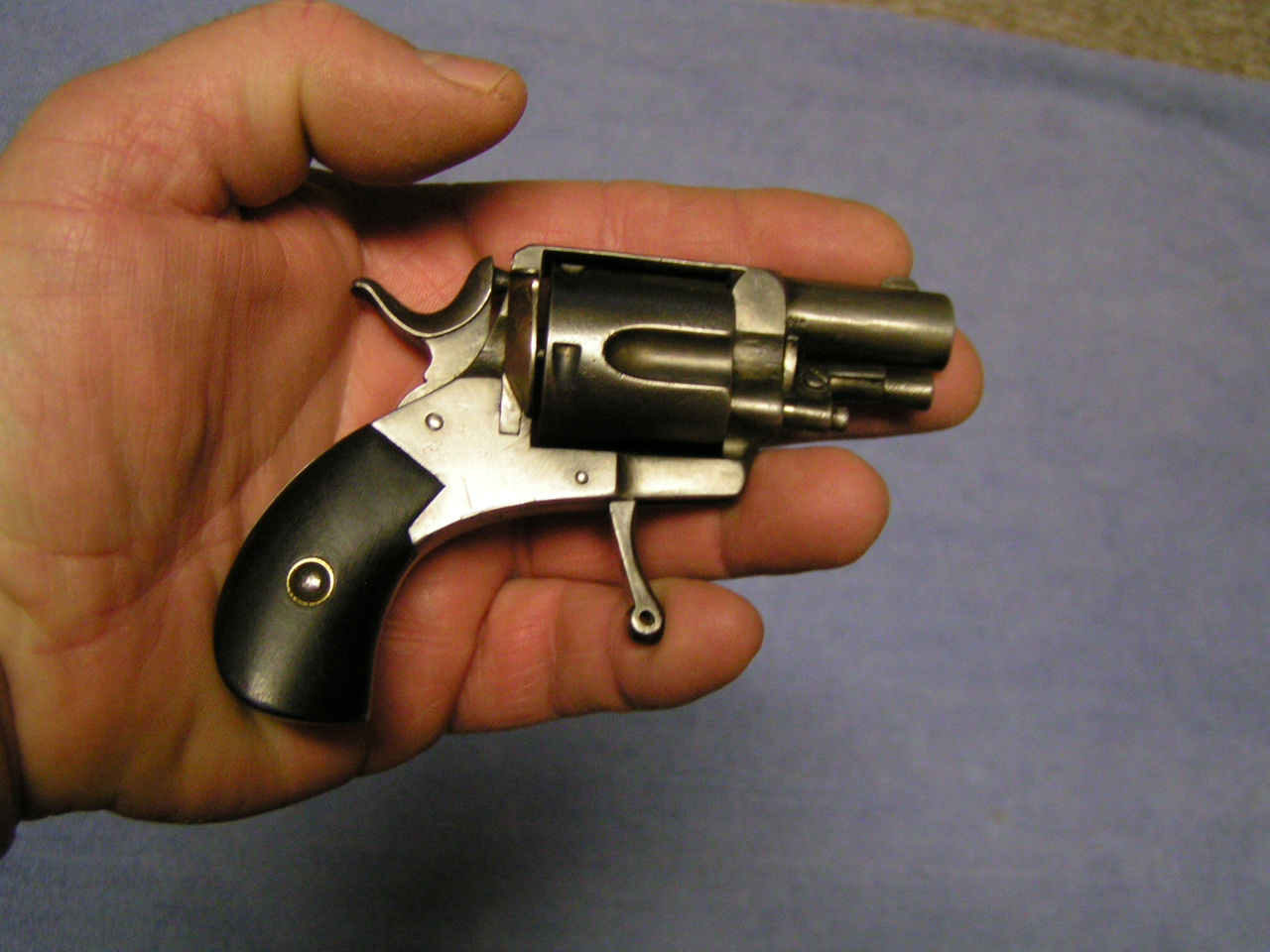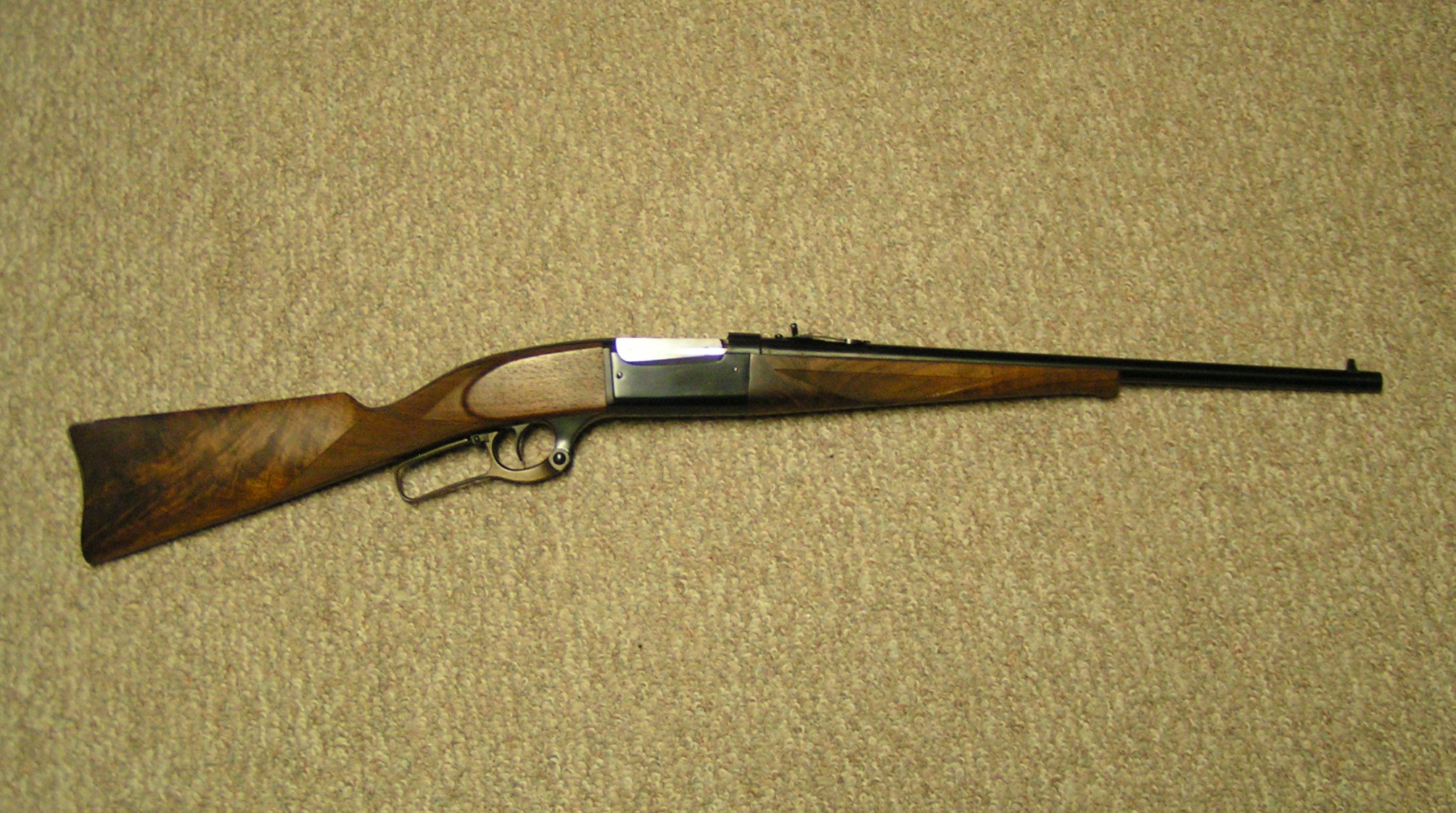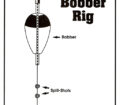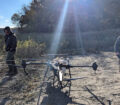By Darial Weisman
As I look back on 2018, I think it will be remembered for its incredible weather swings, especially all of the rain we had last summer. I do know that it was difficult for those of us who enjoy backyard bird feeding.
I don’t know how many times my husband and I had to take down our feeders after one of those big rains and make sure the wet seed was removed so that mold didn’t start.
To add insult to injury, in late December, we had two inches of rain. What a mess that was with the feeders as the temperatures dropped toward the end (adding some snowfall) and froze everything in our platform feeders. You just have to take the feeders down and get them inside where they will thaw out. Just chipping the frozen cake of birdseed out does not really clean the bottom of the feeder.
Even though the rainfall caused some issues, my husband and I remarked more than once that we were lucky the moisture did not come as snow. I think it would have been almost two feet of snow.
Still with all of the weather swings, our backyard bird feeding continued, and our feathered friends kept coming back looking for their food. I truly believe that they get to know us as their friends. Many times I have been working at the main feeding station, and I’ll hear a little peep. There not two feet above my head will sit a chickadee or a nuthatch telling me, “Please hurry, and put the food out, will you. You know I am starved!” Before I get a few feet away, here they come. Oh my, do they have their own little personalities.
And, yes, there is competition for the perches on the feeders and the platform areas on the platform feeders. It really becomes interesting when one of our resident doves decides to plop right down in the middle of the platform feeder. The rest of the birds have quite a time figuring out just how to get their share when this happens. Sometimes it takes a little group patience until the fat dove decides to leave or to drop down on the ground.
At other times, even during a snow event, our pair of resident cardinals will come to the feeders. They are so unassuming, almost courteous in the way they feed together. Meanwhile, the juncos are always on the ground or the snow below the feeders picking up their share of food.
I do have something for us all to think about. I know taxes aren’t a lot of fun, but there is an easy way to make a difference by giving a small donation on our Iowa income tax form.
When we donate to the Fish/Wildlife Fund (also known as the Chickadee Checkoff) on our Iowa state tax form, we help support thousands of vulnerable species such as songbirds and butterflies. Every penny of our donation goes directly to the Wildlife Diversity Program – there are no administrative or processing fees. Even just a dollar or two, when thousands of us do so, can make a big difference. Here are several examples of wildlife that are being assisted:
- Prairie chickens in southwest Iowa through restoration projects and habitat development
- Monarch butterflies and bees in Iowa through pollinator research
- Restoration of previously lost Iowa Wildlife such as: Peregrine Falcons, Ospreys and Trumpeter Swans
- Endangered and threatened species through surveys and monitoring
- Designation of Bird Conservation Areas in key areas around the state supporting increased habitat for all types of birds.
- Educational Wildlife Appreciation events held all over the state such as Bald Eagle Watch Days, Pelican Fest, Prairie Chicken Day
At one time, we Iowans donated more than $200,000 annually to the fund. However, in recent years the amount has landed around $130,000. Look for the Checkoff on the Iowa State Tax Form. Look for the Fish/Wildlife Fund, line 57 on Form 1040. As with all charitable contributions, the amount is deductible from next year’s taxes. If you use a tax preparer, be sure and ask about the Fish/Wildlife Fund! It is easily overlooked.
Maybe that’s what those little chickadees and nuthatches are telling me, “Thanks for helping us!”

